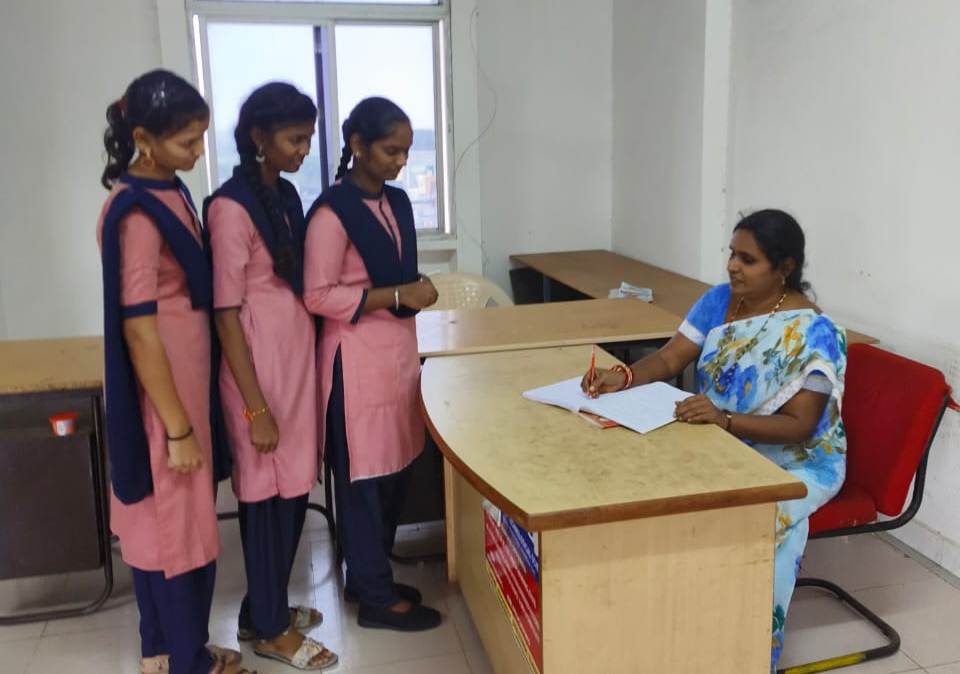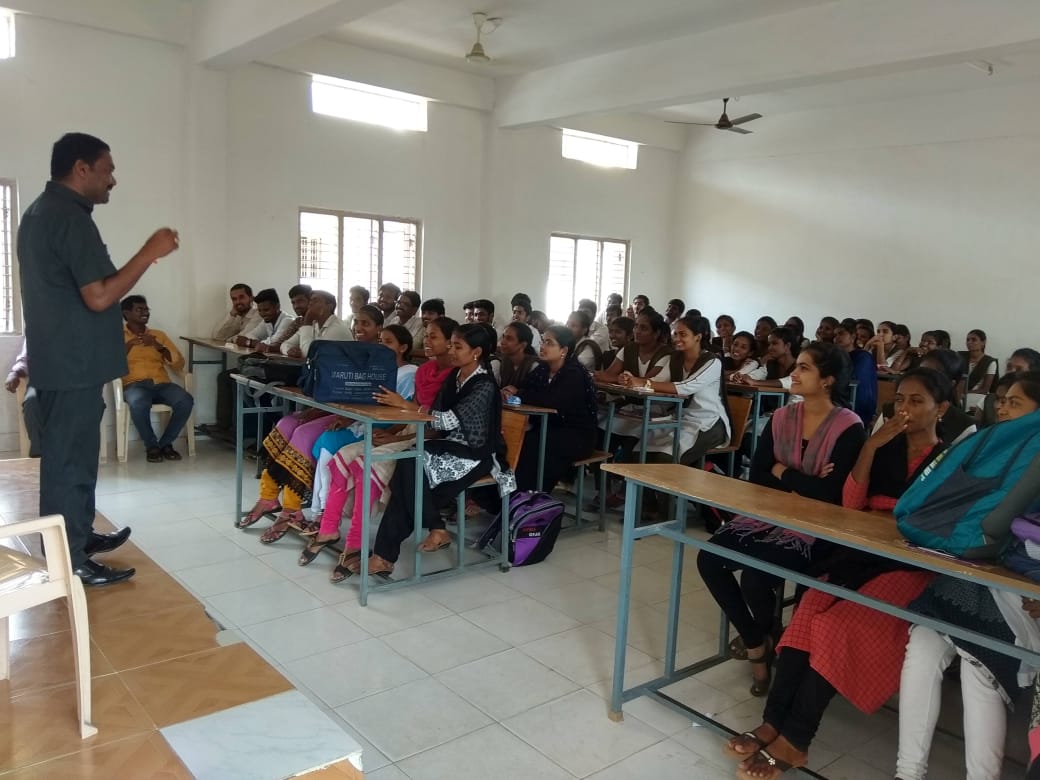
Internal Compliant Committee
Internal Complaints Committees (ICCs) are mandated to handle complaints of sexual harassment at the workplace, ensuring a safe and respectful environment. These committees are responsible for investigating complaints, providing a fair hearing to both the complainant and respondent, and implementing recommendations. The ICC must complete its investigation within 90 days of receiving the complaint, with a 60-day timeframe for implementing recommendations.
Internal Complaints Committee
| S.No | Name of the Member | Designation | Department |
|---|---|---|---|
| 1 | Dr.C.Simmi | ChairPerson | CSE |
| 2 | Dr.Y.Nirmala | Convenor | ECE |
| 3 | Dr.D.Dayakar Rao | Advisor/Principal | ECE |
| 4 | Mrs.S.Nagadurgasri | Faculty Member | EEE |
| 5 | Mr.Y.Anil | Faculty Member | MECH |
| 6 | Mr.B.Vinod Kumar | Faculty Member | MINING |
| 7 | Mr.D.Vamshi | Student Coordinator | MINING |
| 8 | Miss.K.Kavya sri | Student Coordinator | CSE(DS) |
| 9 | Mr.K.Pawan | Student Member | CIVIL |
Key aspects of ICC guidelines:
• Composition:
ICCs typically consist of a presiding officer (a senior woman employee), two employee members (preferably with social work or legal knowledge), and an external member from a non-governmental organization or association committed to women’s issues.
• Complaint Procedure:
Complaints can be made in written form or by email, within three months of the incident or last incident in a series.
• Inquiry Process:
The ICC conducts a thorough investigation, providing opportunities for the complainant and respondent to present their case.
• Timelines:
The Act sets specific timelines for the ICC’s actions, including the submission of complaints, notice to the respondent, completion of the inquiry, and implementation of recommendations.
• Protection against Retaliation:
The Act prohibits retaliation against the complainant or witnesses for filing a complaint.
• Confidentiality:
ICCs strive to maintain confidentiality of the complaint and the identities of the parties involved.
• Consequences of Harassment:
If found guilty, the offender may face penalties, including financial penalties or termination of employment.
• Regular Meetings and Reporting:
ICCs are expected to hold regular meetings and prepare quarterly or annual reports on the status of complaints.
• Awareness and Sensitization:
ICCs should conduct sensitization programs and workshops to educate employees about their rights and the importance of a harassment-free workplace.

